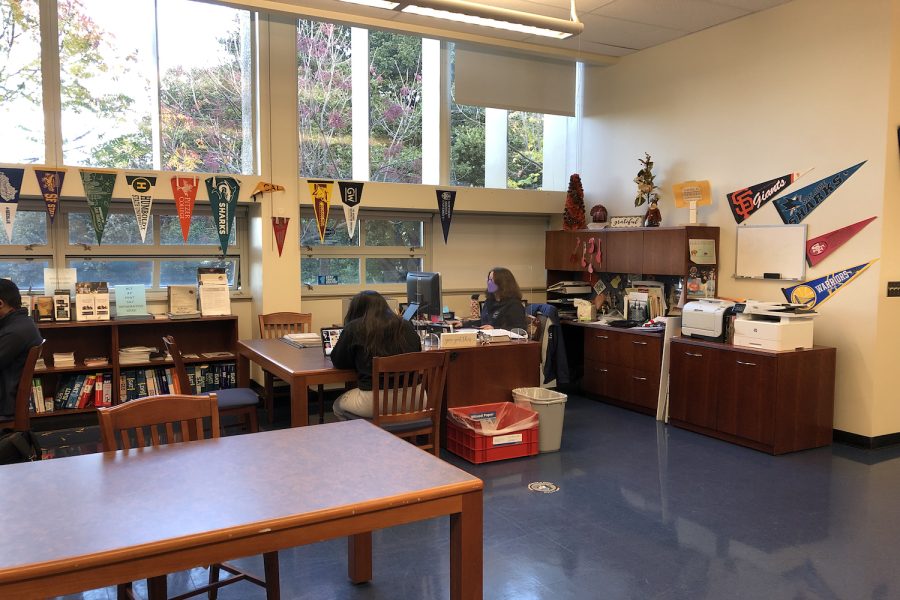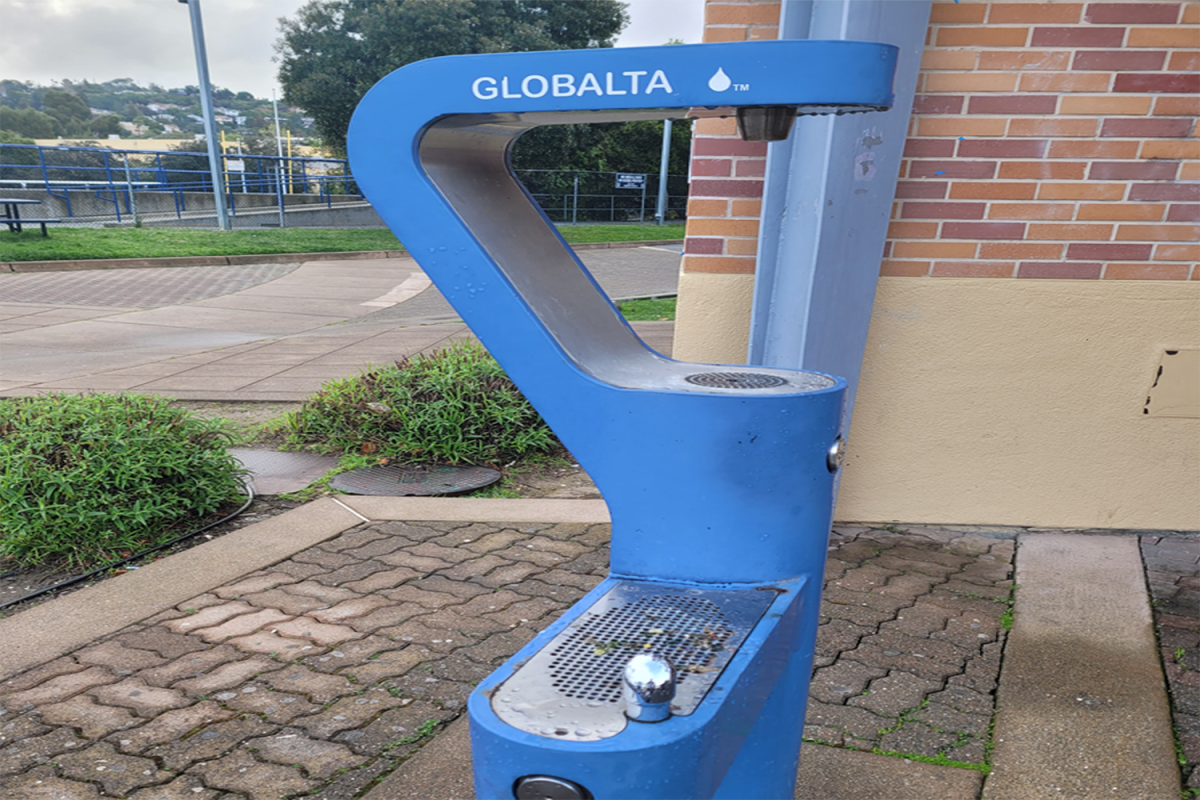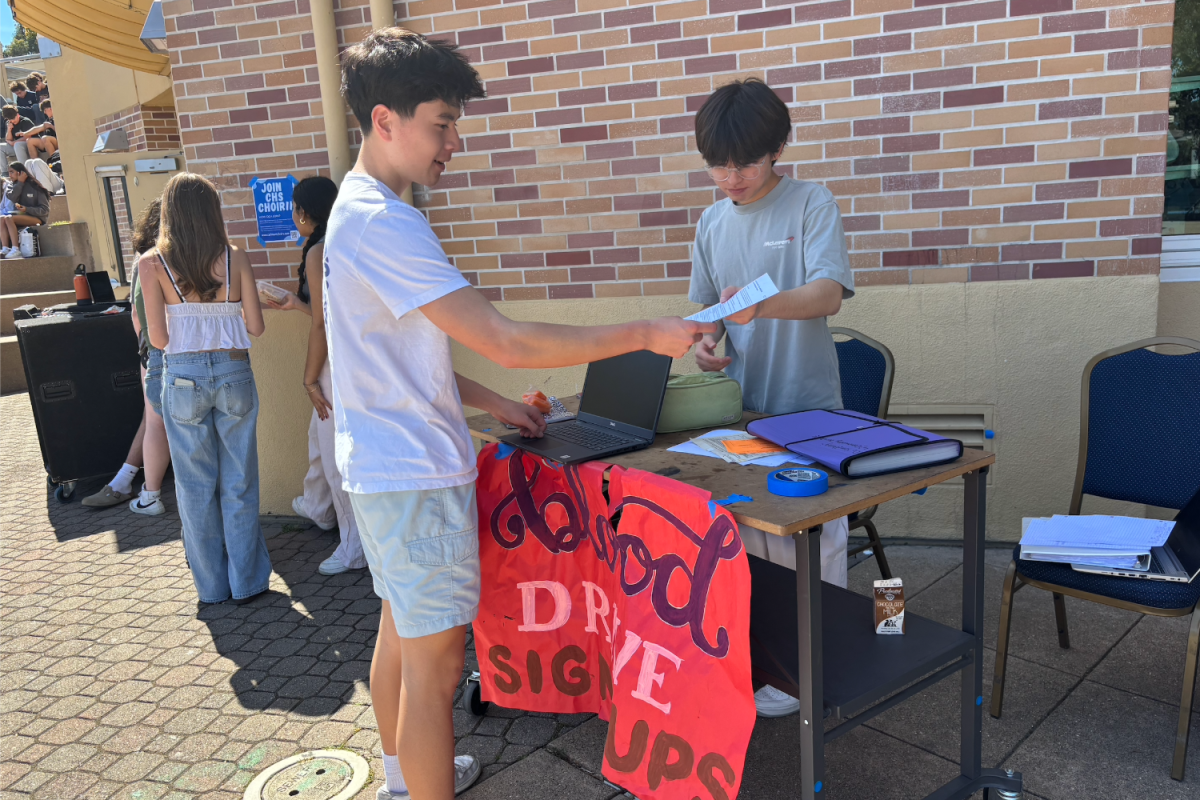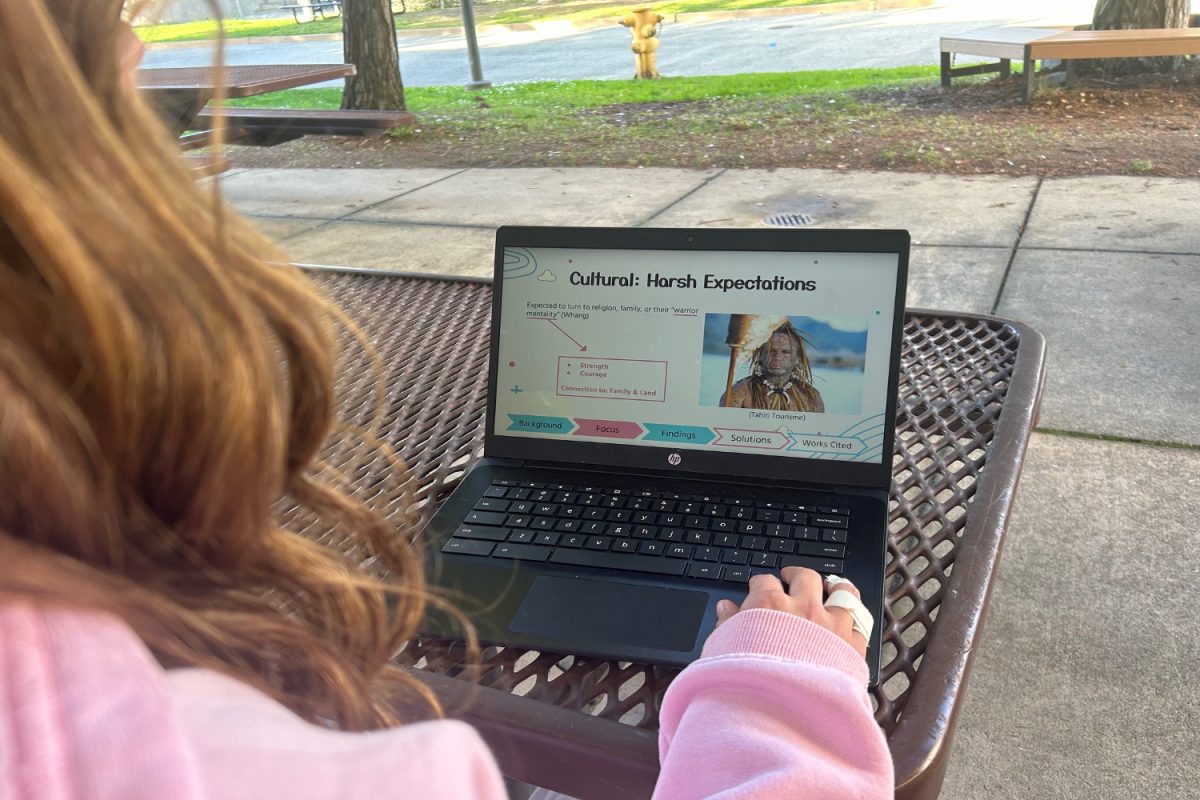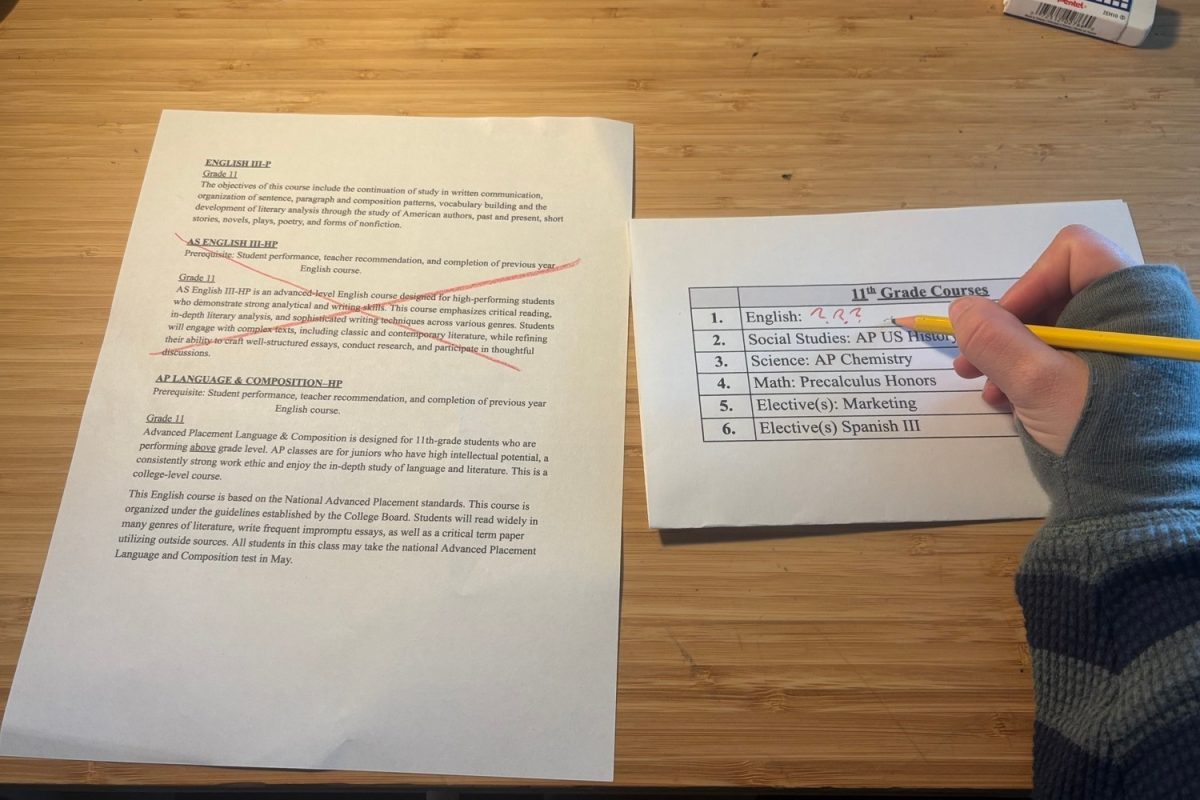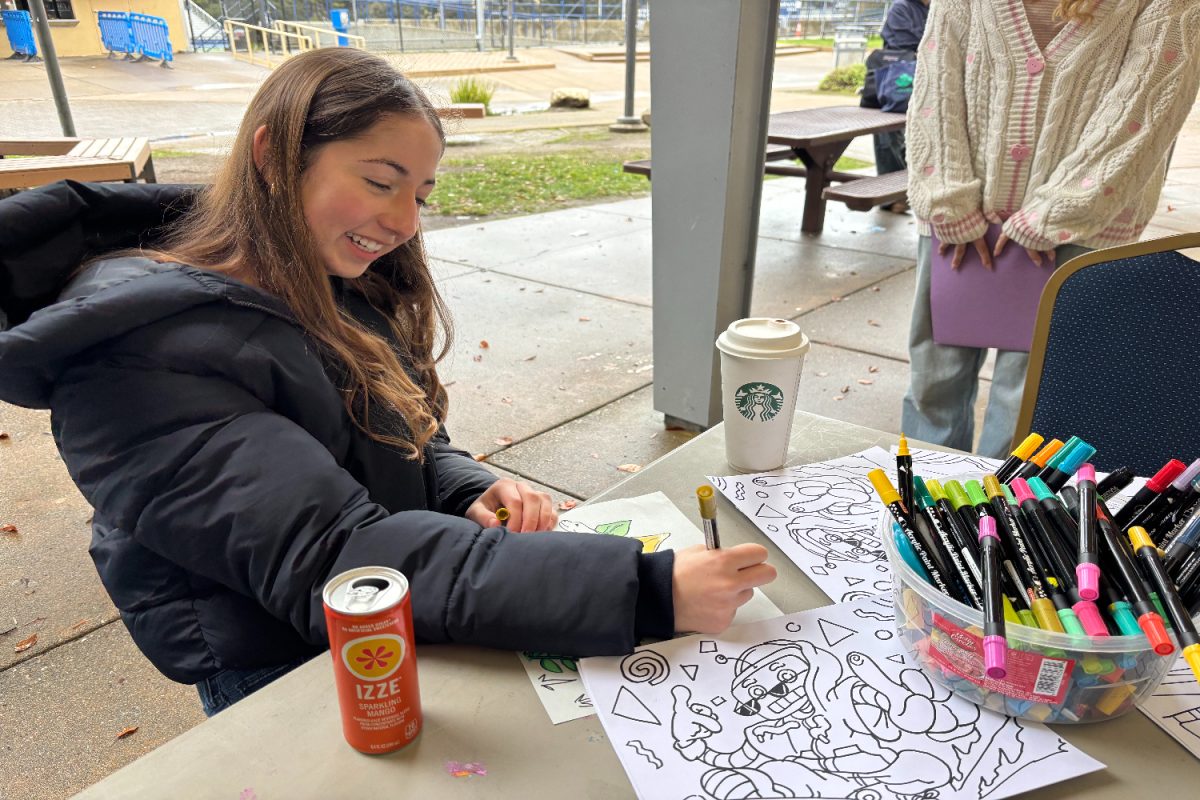For many students, college is terrifying.
With seniors beginning to hear back from colleges, some juniors may find themselves worrying about college applications in the fall, especially with recent changes in the application process.
“Everyone has stressed to some degree about college and there’s a lot of influence from peers and with grades to already figure out college because ‘junior year is the most important’ and all,” said Josh Chin, a junior planning to attend college after high school.
Chin, among other students, has felt that there is an overwhelming amount of pressure generated in the academic high school environment through talk of college majors, competitiveness, and planning.
Charlotte Lopez, a current junior, is considering community college as the next step in her education.
“I think there’s a lot of pressure on students and misinformation about needing to choose a major that you could potentially take into your career,” Lopez said. “A lot of people go into college as undecided or end up changing their majors during college.”
According to the University of Bridgeport, in July 2021, up to 50% of college students begin college undeclared, meaning that they were accepted without committing to a subject of focus. Furthermore, around 75% of students have also reported changing their major during school.
Many teens begin their research for the types of colleges and majors they are interested in during high school, utilizing the resources made available to them through their high schools to better understand what they want their academic future to look like.
“I have started passively browsing colleges available to me, but I don’t have an idea about what exact career or college I want to commit to, and I do not think juniors really need to stress over that at all,” Chin said.
Searching for colleges can be a great way to start as a junior, as looking into location, offerings, size, and other aspects of a school does not require any commitment or plan.
Sources for college information are abundant and accessible for students. Online resources can assist students with discovering what appealing school locations and possible majors are open to them.
“Juniors can start their research with online tools during the second semester of their junior year, earlier if they want,” said Nina Rasor, the college and career assistant at Carlmont High School. “With sites such as SuperMatch in Naviance or BigFuture on the College Board website, students can learn more about suggested colleges and their virtual opportunities based on their preferences.”
Aiden Chan, a senior who has nearly completed college applications and admissions process, suggests juniors do not need to start the daunting process of composing college essays and applications until summer.
“It’s so much easier to start college essays in the summer, so you have all the time in the world to think about what you wanna say. It allows you to pace yourself and gives you plenty of time to make your application powerful and make it count,” Chan said.
Juniors have a lot of time before their senior year, and it is better spent familiarizing and learning about colleges instead of growing anxious over distant decisions.
“It’s good to see what you are interested in when the year starts, but there’s no immediate need to start writing applications or anything. Maybe that’ll kick off the end of junior year or summer,” Lopez said.

